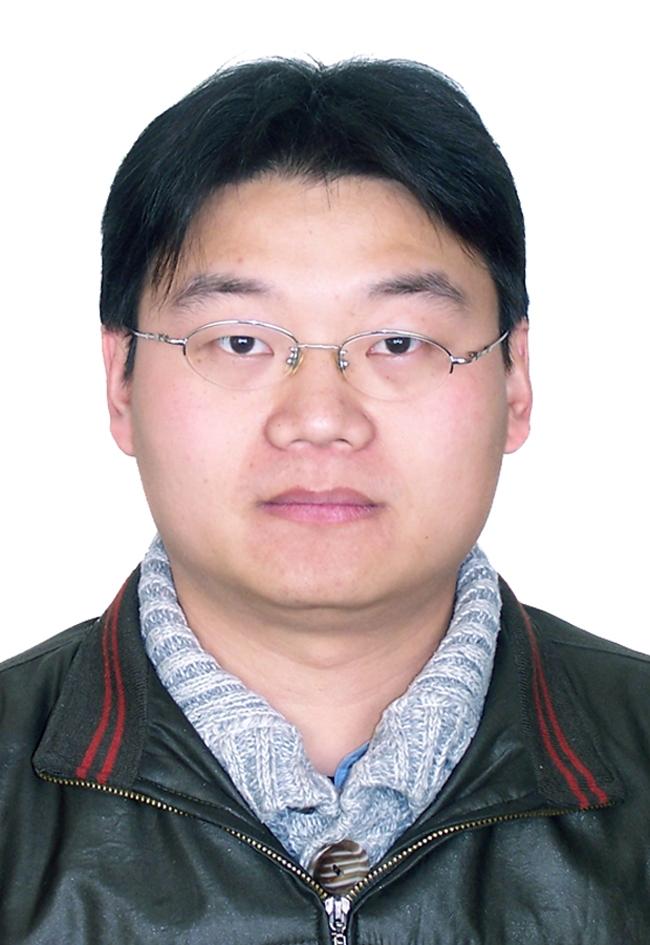Invited Speaker

Gang Xie
Associate Professor, Beijing University of Posts and Telecommunications, ChinaSpeech Title: Future Indoor Wireless Network: 802.11bn (Wi-Fi 8) and its evolution
Abstract: Wi-Fi, a family of IEEE 802.11 standards, becomes the most popular wireless technology used for data transmission in home as well as in enterprise. The Wi-Fi community is currently planning the next generation Wi-Fi: IEEE 802.11bn (Ultra High Reliability, UHR). The Ultra High Reliability capability is defined for both an isolated Basic Service Set (BSS) and overlapping BSSs as: 1) at least one mode of operation capable of increasing throughput by 25%, compared to the EHT operation; 2) at least one mode of operation capable of reducing latency by 25% for the 95th percentile of the latency distribution compared to the EHT operation; 3) at least one mode of operation capable of reducing MAC Protocol Data Unit (MPDU) loss by 25% compared to the EHT operation. In this talk,we analyze the key features proposed for the new technology, such as machine learning (ML), UHR Relay Architecture, Multi-AP Operation, and Low Latency Transmission. Finally, the future evolution trend of Wi-Fi will be discussed.
Biography: Gang Xie, received the Ph.D. degree from the Beijing University of Posts and Telecommunications (BUPT), Beijing, China, in 2007. He is currently an Associate Professor with BUPT, China. His current research interests include physical-layer techniques in 5G/6G and wireless LAN, self-organized networking, signal processing, and cognitive radios. He was rewarded Science and Technology Award of China Electronics Society in 2011, and the Beijing Municipal Science and Technology Progress Awards in 2011 and 2019 respectively. He has completed National Natural Science Foundation of China, 863 projects, and published over 60 articles in international journals and conferences and applied for more than 20 patents. He is the author of the technical books “Principles and applications of cognitive radio”. He has been an exemplary reviewer for China Science. He is serving as the Guest Editor of Sensor of special issue on "Resource Allocation for Cooperative Communications" in 2022.
